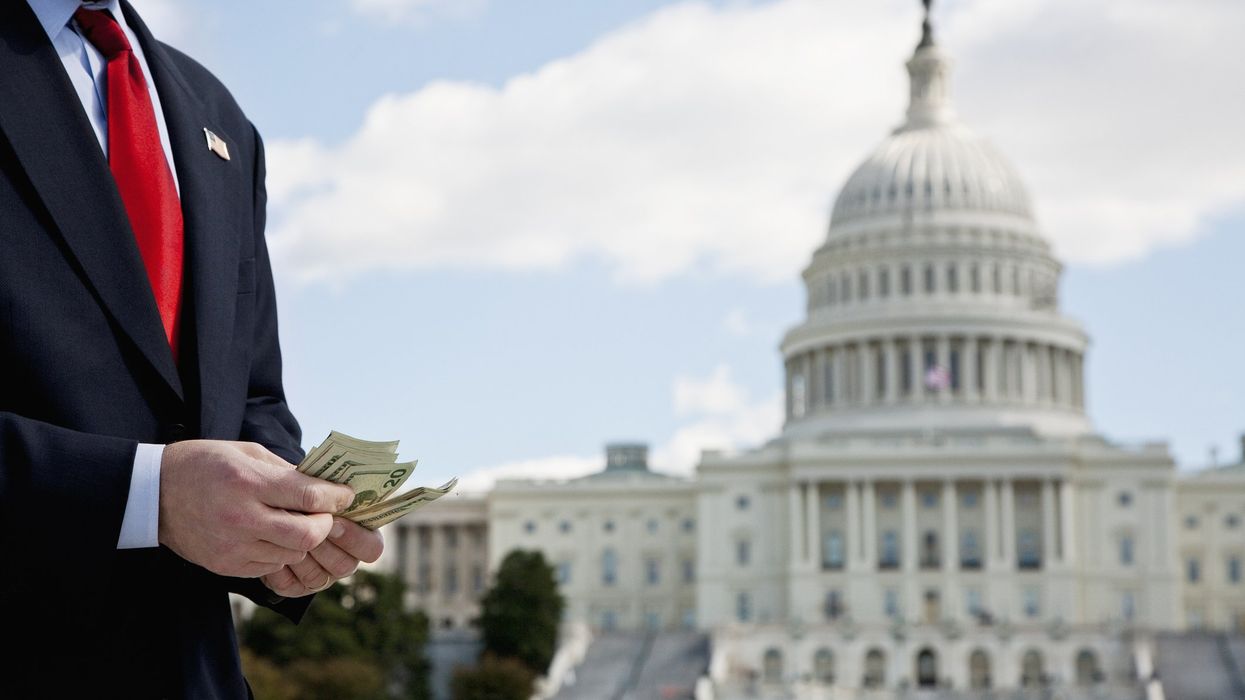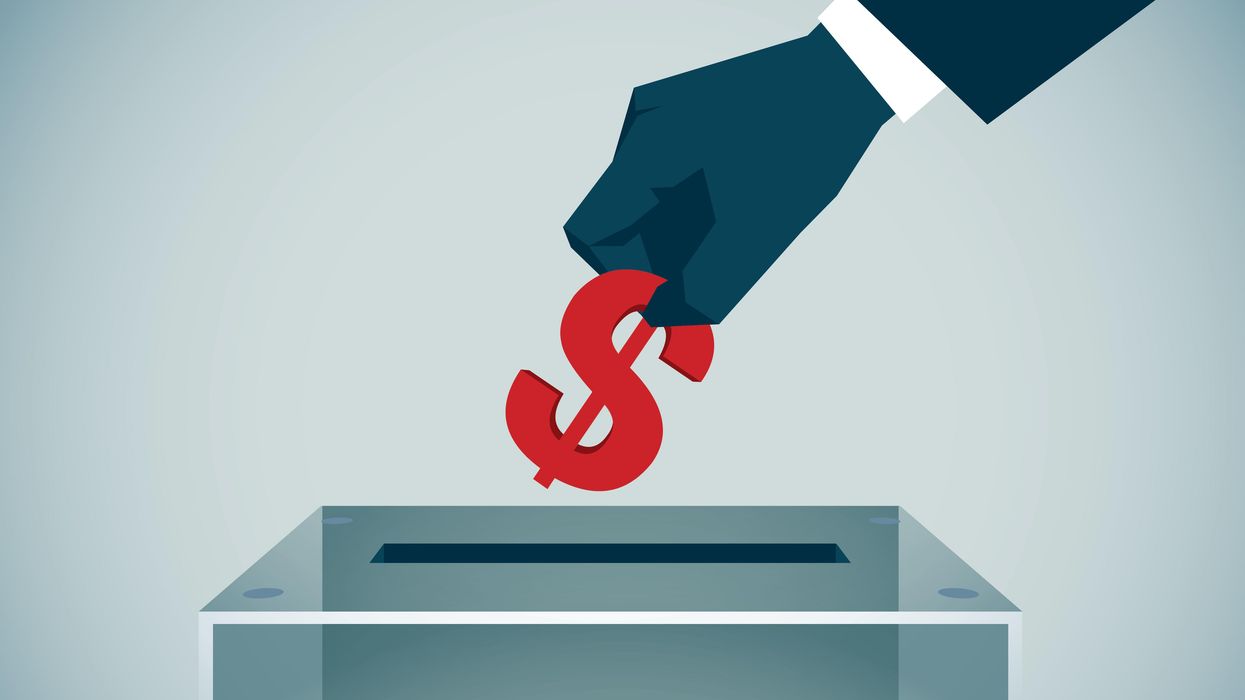From Governing to Grandstanding
There was a time—believe it or not—when Congress actually passed budgets the old-fashioned way: through debate, compromise, and the occasional all-night session, not theatrics designed to appeal to cable news and social media. The process, while messy, followed a structure: hearings, markups, votes, and compromises. That structure—known as regular order—wasn’t just congressional tradition. It was the scaffolding of democratic accountability. It has also been steadily torn down.
Deadlines and dysfunction better define today’s Congress. Instead of the back-and-forth of healthy deliberation, Congress relies on continuing resolutions and last-minute omnibus bills. Budget gimmicks that were once used only during fiscal emergencies—backloaded cuts, timing shifts, reconciliation sleight-of-hand—are now the rule, not the exception. Congress has shifted from prioritizing policy to prioritizing the message and crafting political narratives.
Driving this breakdown is a Republican Party shaped not by governing principles but by its loyalty to President Trump. House Speaker Mike Johnson’s caucus should be asserting its constitutional power of the purse. Instead, it has abandoned regular order in favor of placating a base animated more by grievance than governance. The result is a budget process that functions like performance art—and legislators that no longer legislate. This development spells long-term trouble for American democracy.
Into this legislative breakdown walks Donald Trump. Again. The void left by a Congress that no longer governs is exactly the kind of chaos he thrives in. And one cannot help but wonder: was this the plan all along?
Project 2025: The Blueprint Behind the Breakdown
This is nothing short of a fundamental reshaping of political control that mirrors the blueprint set forth in Project 2025. The plan calls for a significant expansion of executive power, aiming to centralize control over the federal government and diminish the role of Congress in policymaking. By abandoning regular order and enabling executive overreach, Congress is following Project 2025 more than the Constitution.
The GOP, having discovered that theatrics keep the base agitated and Fox News profitable, has largely abandoned the tedious business of actual governance. Why slog through negotiation or accountability when it’s easier to grab headlines by railing against wokeness or staging floor votes with the flair of a reality show challenge? This is no longer the party of policy memos and fiscal restraint—where Paul Ryan once diagrammed tax reform on a whiteboard, it’s the party where Marjorie Taylor Greene now delivers performance art in committee hearings.
A Budget That Punishes the Poor and Rewards the Rich
While spectacle plays well on right-wing media, the real-world consequences are disastrous. Government agencies—those actually tasked with carrying out the laws Congress no longer bothers to pass—are forced to run under stopgap funding or arbitrary cuts. Programs with broad public support, from food assistance to medical research, are being defunded. And long-term planning? Forget it. Agencies can’t hire, invest, or innovate when they don’t know if they’ll have money in six weeks.
When a continuing resolution expires and families lose access to childcare subsidies or small businesses cannot get SBA loans, there’s no hearing, no apology—just another round of blame roulette. The Congressional Budget Office (CBO) can release projections showing millions will lose Medicaid or food assistance, and the House majority’s response is a shrug and a recycled talking point about "wasteful spending."
In May, the nonpartisan CBO issued a stark analysis of the House’s budget proposal, projecting that the lowest-income households would see their household budgets shrink by up to 4% by 2033, due to cuts to Medicaid and SNAP. Meanwhile, the wealthiest Americans would see their household resources rise by a similar margin, thanks to tax cuts. It's not just a lopsided budget—it’s a stealthy act of redistribution, carried out behind the curtain, without hearings, debate, or even much public notice. What looks like dysfunction is a calculated method of governing without accountability.
The Way Back: Deliberation, Not Drama
The consequences stretch far beyond the spreadsheet. It seeps into public trust. When people see that Congress can’t—or won’t—do its most basic job of funding the government responsibly, they naturally tune out. That vacuum becomes fertile ground for executive overreach and cynicism about democratic institutions.
Right now, we’re speeding in the wrong direction—with no one at the wheel.
So how do we turn things around?
Restoring regular order in budgeting may not produce headlines, but it’s essential. Even Republicans like Senator John Thune agree. That means rejecting manufactured crises and recommitting to the slow, steady work of debate, deliberation, and compromise.
It also means reclaiming Congress’s constitutional duty to manage the nation’s finances—not perform in a never-ending political reality show.
Democrats may not have the votes to fix this alone. But they can still lead by example—and remind voters what responsible governing actually looks like.
.




















